


Merry Christmas and a Happy New Year to all God’s Children!
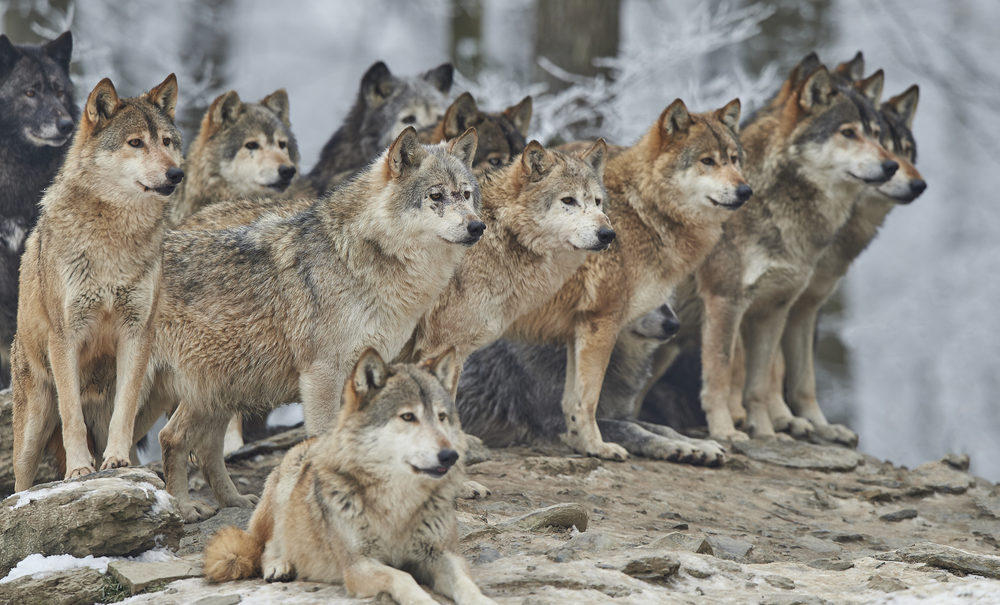



Generosity is often displayed by refusing to give or receive a gift that would harm (spiritually, soulfully, physically) the receiver and/or giver. We live in a society of instant gratification and have the means to fulfill every pleasure, so it is important to consider our gifts and the consequences of giving them—especially to our children. In kindergarten I received the gift of a comic book from a fellow classmate because he knew I enjoyed superheroes. When I showed my parents the present, they requested I graciously return the comic with the explanation that the comic’s main hero was the son of Lucifer, and we, as a family believed Christ to be our hero over Satan. Devastated, I did what they instructed me to do.
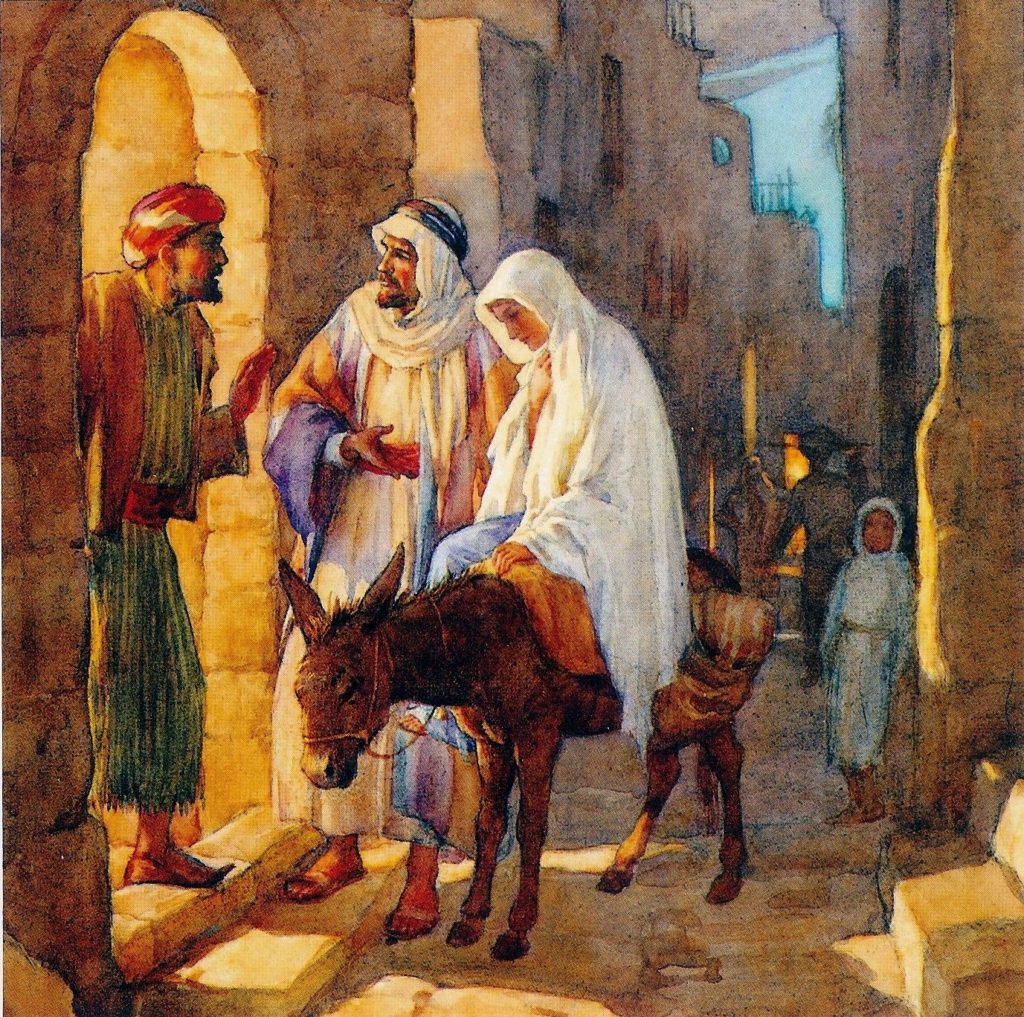

Read the story of the Shunammite Woman in II Kings 4:8-37; 8:1-6
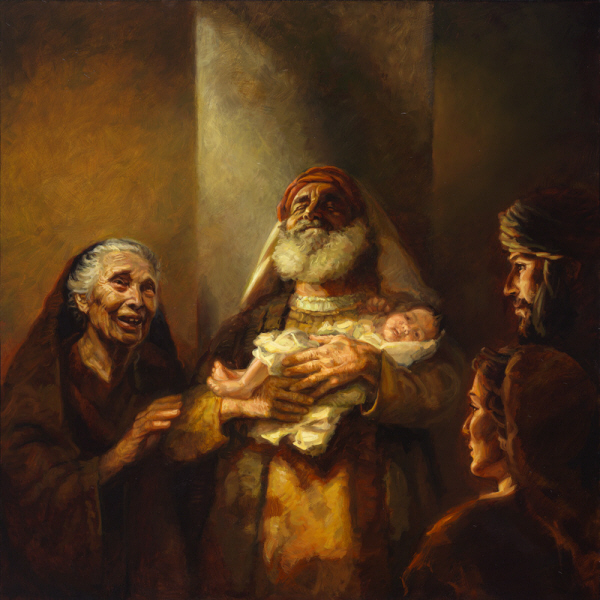

Anna saw the end of the civil war as Roman general, Pompey, would massacre 12,000 of her countryman and desecrate the Holy of Holies at the temple in Jerusalem, leading to Judea’s rule by Rome. This was happening all the while Anna remained at the temple worshiping and praising God for the promised Messiah. (Pause for Thought: “Be joyful always; pray continually; give thanks in all circumstances, for this is God’s will for you in Christ Jesus.”—I Thessalonians 5:16-17. What promises are you giving God thanks for this week? How can the giving of your time, talent, resources—self, be a fulfillment of these promises? How is your family helping God’s fulfillment of these promises in others?)
In her lifetime, Anna witnessed, or would have heard about, king and high-priest Jannaeus’ contempt for Israel’s religious leaders, and his defilement of the sacrifice during the Feast of Tabernacles resulting in the slaughter of 6,000 Jews in the temple courtyard and a civil war that would last decades.
Anna’s proximity to tragedy never impaired her devotion to God or her faith in Him—“she never left the temple but worshiped night and day, fasting and praying. Coming up to them (Mary & Joseph), she gave thanks to God and spoke about the child (Jesus) to all who were looking forward to the redemption of Israel.” Her thankfulness led to and was a service of instruction and realization for others in recognizing Jesus Christ as Lord and Savior. (Pause for Thought: Read the story of Simeon and Anna in Luke 2:21-38. How well does your family live out their thankfulness? How will you use this Thanksgiving to instruct your children about thankfulness and giving?)




I often wonder how this story might have ended for Moses and the Israelites who first left Egypt had Moses remained under his authorities’ umbrella, and not killed the Egyptian out of his own arrogance. I often wonder about our children’s journey and ending in this life as they serve their authorities, including the Most-High Authority—God our Father. (Pause for Thought: Is there something or someone causing your children distress? Have you given your children a time and place to appeal to you for advice, and if appropriate, your correction/solution to the matter? What/Who will you pray about with your children this week?)
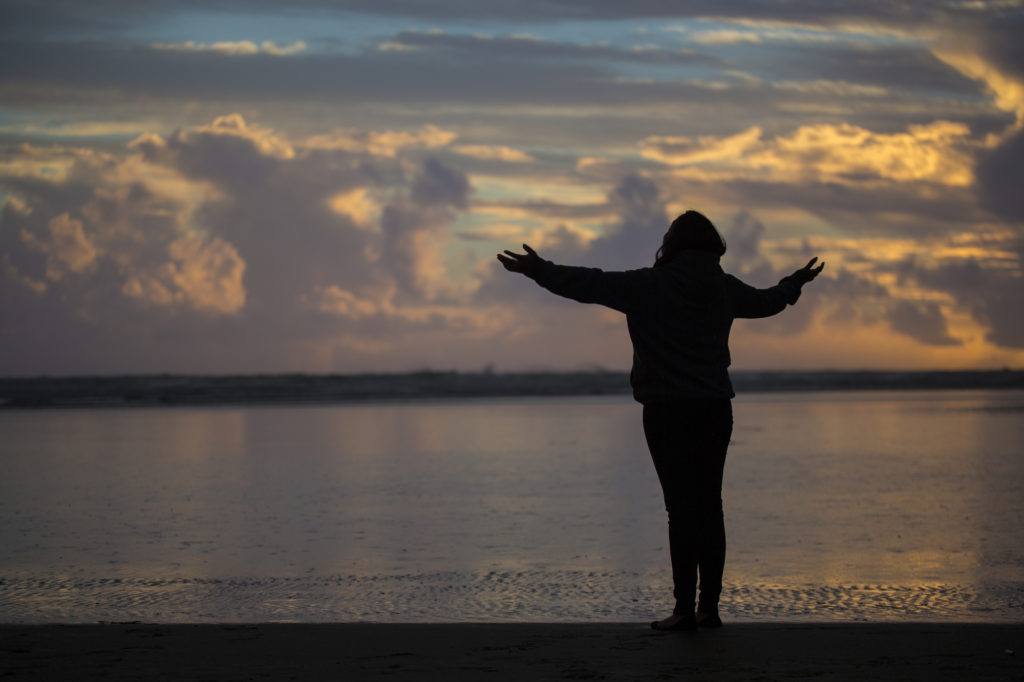



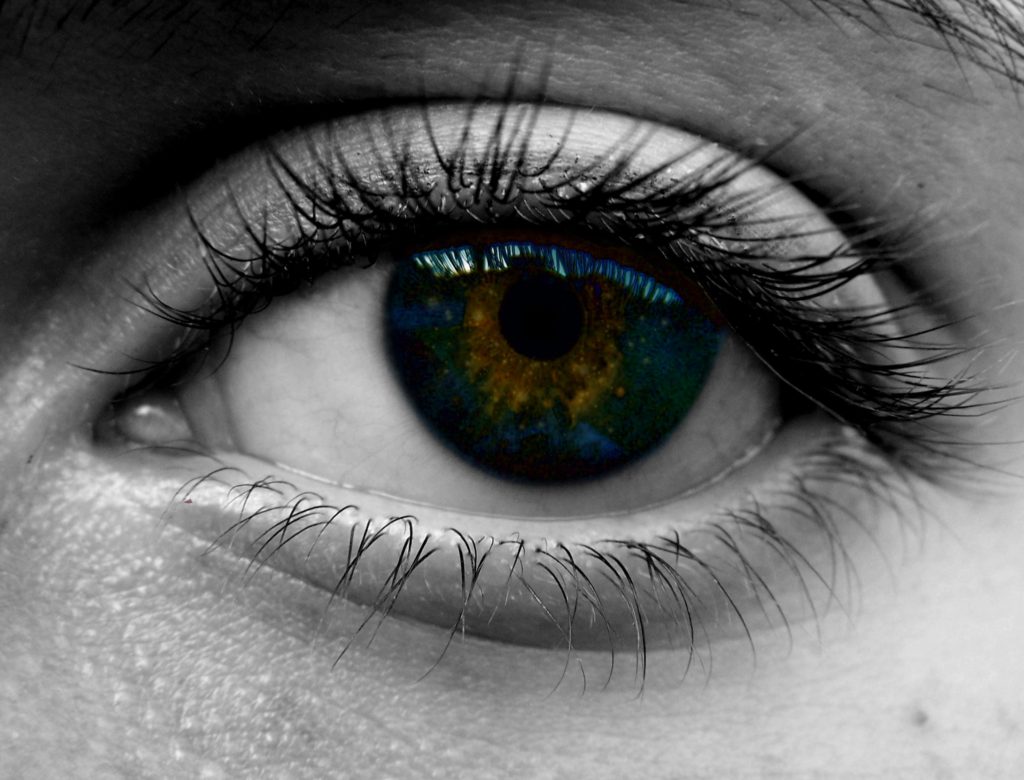

In the beginning the earth was without form and void and darkness was over the face of the deep. In these dark and ancient times there were no selfies. Yes, once upon a long ago, camera technology had not advanced enough to be able to turn a phone around to take of picture of oneself. Thankfully, we live now in an enlightened age.
What are we really doing when we take a selfie? What are we trying to capture? A moment in time? Our essence as an individual? An image we’d like to represent us? For better or worse, our selfies do capture some part of us.
Once upon a time when there truly was nothing, the immortal, invisible, and incalculable God of the universe chose to create mankind in His own image; to capture a sliver of His nature in frail, fallible, flesh. In the midst of creating hedgehogs and eagles and platypi (or is it platypuses?) God set about to create a creature that represented some essential elements of His character. In doing so, He made something different, something unique from all the other forms of life.
The Hebrew word used to describe humankind being created in the image of God is tselem and is used elsewhere to talk about stone and wooden idols made to represent false gods. While Jesus represents the nature of God fully, in some mysterious and completely undeserved way, we also represent the character of the Lord. Understanding this, author C.S. Lewis wrote: “There are no ordinary people. You have never met a mere mortal.”
This unique status has a litany of implications but perhaps the primary is that we are not mere accidents of biology or simply the most intelligent of animals but rather purposefully designed creations mysteriously molded after the fashion of our Creator. This fact alone should give weight and purpose to our being and a great deal of responsibility as well. In the same passage in which God describes His intention to create humans in His image, He also decrees that they would have dominion over the earth.
While we most often think of the word ‘dominion’ in the context of abuse (think domineering) or as an excuse to mishandle the resources given to us, a fuller understanding is one of authority AND responsibility. A king presides over a kingdom but he is also responsible for what goes on within. The Lord has dominion over every aspect of the universe. Similarly, we are to have dominion over the earth.
Our dominion is not limited only to earth’s physical resources (for which we are both entrusted and accountable) but also in creation, innovation, and progress. All humans are the product of an infinitely creative God. We express this imbued creativity when we create are (which author J.R.R. Tolkien called ‘imaginative sub-creation’), express skills, and develop technology which seeks the betterment of the human race.
Our status as image-bearers gives our life a divinely defined purpose and authority. We exist not by chance but by design and are entrusted to rule with wisdom over the resources, both physical and spiritual, not for ourselves with selfish intent but for the betterment of all. In doing so, we reflect the creative nature of our most excellent and boundless Creator.